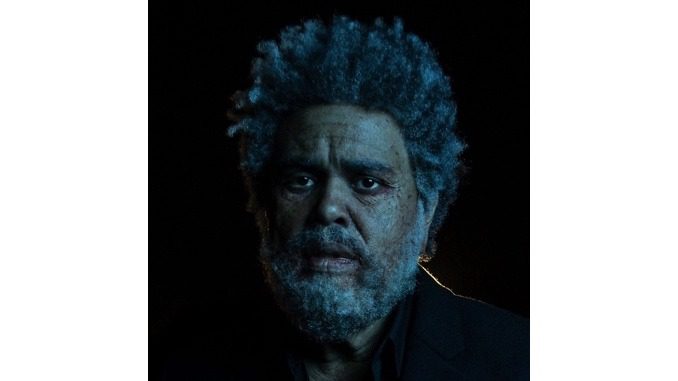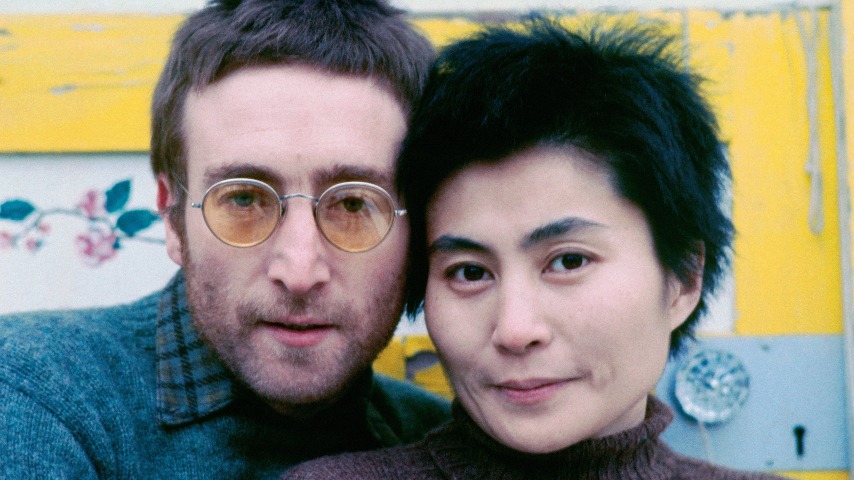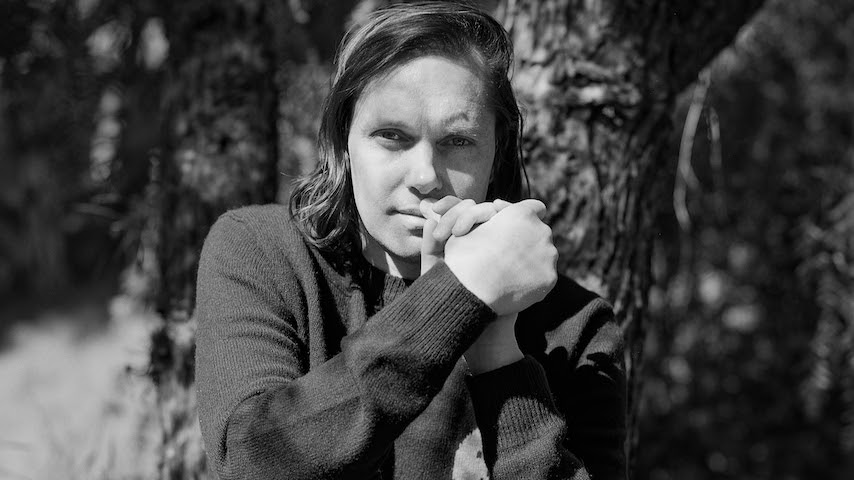I was in 8th grade when Abel Tesfaye, aka The Weeknd, became the biggest pop star in the world, or at least that’s what Benny and Josh Safdie tried convincing me of inside their fictionalized Uncut Gems narrative. The Canadian singer’s onscreen, post-House of Balloons come-up was depicted as one full of blacklit NYC clubs and casual bathroom hookups, evocative of the album’s glitzy, sex-addicted, loveless melodrama. Truth be told, I don’t remember his explosion, but I do remember his early career and how he accomplished similar feats as Michael Jackson, at least tonally, by being someone uncanonically sexy selling sex to unsexy people. His first three studio albums—Kiss Land, Beauty Behind the Madness and Starboy—followed a blueprint of expressing attraction and thirsting for intimacy to intoxicating lengths, and my friends and I ate that shit up, because we were trying to replicate that untouchable posture in our own utopian, rural Ohio lives. When “Can’t Feel My Face” dominated radio play in 2015, we smirked, briefly, at the cocaine allegories while neurotically and embarrassingly telegraphing our own romanticisms on whatever homecoming dance floors our clumsy, growing bodies managed to fall onto.
I’m the same age Tesfaye was when the R&B mainstream pulled him from the halls of underground fame and deemed him its next star. Though I’m a product of an era he soundtracked, the playing field has been leveled, and he and I are now living in the same recesses of distanced love and fatal attraction universalized by a planet-wide viral pandemic. The Weeknd is an old man now, or at least the character Tesfaye has been playing for two years is. At 29 years old, the autopilot he had been on since House of Balloons was over, and his sparring with top-40 heartbreak and coked-out party anthems carried over into well-orchestrated synth-pop numbers tailored to his own interests.
But now, at 31, Tesfaye is having his Neil Young Harvest-era moment while wearing Depeche Mode’s clothes: young, but nihilistic about his own future, infatuated with the space between life and death, and again toying with conceptual electronic records. The product is Dawn FM, a story about After Hours’ protagonist, now a geriatric, in the final chapter of his life, the end nearby. The record’s cover similarly features Tesfaye’s face, albeit a significantly aged one, without a mouth dripping blood. When he briefly explains the gist of the record on a Zoom call, he talks of a universal moment: what depression and anxiety our surroundings curated at quarantine’s beginning. He makes sure to separate each calendar year since After Hours into its own pandemic, but it’s clear that Dawn FM’s roots are in 2020, when so many of us found ourselves unprepared for what closeness to death quickly came into our proximities.
2019’s giant After Hours transformed Tesfaye’s night club villain origin story into a full cinematic experience of violence, sex, enemies and dancing. He leaned hard into making the record’s promotional rollout as immersive as possible, showing up to the 2020 VMAs with his face kicked in. The follow-up was more pronounced: Tesfaye arrived at the 2020 American Music Awards donning a medical bandage wrapped around the entire landscape of his head. The singles showed out masterfully: “Blinding Lights” became the longest-charting song in Billboard Hot 100 history and later found a home on the NBA 2K21 soundtrack; “In Your Eyes” wound up brilliantly used in the fourth season of Netflix mega-hit Cobra Kai; “Save Your Tears” earned a magnetic remix featuring Ariana Grande, and made After Hours the first record since Drake’s Scorpion to produce three number-one hits. But the singles invited 1980s synth-pop comparisons, quenching the thirsts of nostalgia-hungry pop fans and overpowering the sameness of the record’s A-side, which brimmed with recycled time signatures and overwrought Weeknd-verse themes.
The difference on Dawn FM is immediate. When the record starts, you’re met by the inexplicably ethereal host of fictional radio station 103.5 Dawn FM (voiced by fellow Canadian all-timer Jim Carrey) for the first time. “You’ve been in the dark for way too long. It’s time to walk into the light and accept your fate with open arms,” the host says. Though Carrey’s radio show interludes feel eerily similar to something laughable you might encounter while channel surfing in Grand Theft Auto: V, everything turns uncomfortable when you realize he is nothing more than a morphine shot sequencing your life’s final playlist. The premise for all of this is rooted in Tesfaye’s own discomfort with the cataclysmic world surrounding him and his desire to make the transition to heaven an easy one. Dawn FM is about purgatory, a creative amalgamation of our heightened stress and panic about our own endings. “The radio DJ is actually guiding you through the painless transition into the light,” Tesfaye says on Zoom.
Last October, he teased the new record with the single “Take My Breath,” which felt like a matured, less-saturated version of his old self, revisiting the territory of arousal and intimacy with blockbuster grooves and impeccable charisma. “I know temptation is the devil in disguise / You risk it all to feel alive,” Tesfaye sings, with vocal runs and pacing akin to Off the Wall-era Jackson. The song arrived without any striking promotion, missing the theatricality of the last record’s singles—and perhaps that’s the result of After Hours getting snubbed in totality by the Grammys, despite Tesfaye’s incredible dedication to prolonging the narrative of the record far beyond its initial release date. But when “Take My Breath” is placed within the Dawn FM tracklist, it transforms into a standout centerpiece. The line “Tell me you love me if I bring you to the light” hits differently with context.
Tesfaye can carry a record on his own just fine, but for Dawn FM, he calls on Max Martin and frequent collaborator Oneohtrix Point Never (Daniel Lopatin) to help produce the meat of it. The album’s features are among the best in the Weeknd catalogue, highlighting love and loss spanning decades. On “Gasoline,” Lopatin provides the same crystalline synthesizers he did on the Uncut Gems score; “Here We Go…Again” welcomes the background vocals of two Beach Boys (Bruce Johnston and Christian Love) while Tyler, The Creator devours one of the record’s best verses (specifically the lines “We don’t need the government involved because we like to touch / We don’t need no damn religion telling us that we in love”); “I Heard You’re Married” welcomes Lil Wayne and Calvin Harris into the fold, and Tesfaye conjures a Tha Carter III-level verse out of Tunechi (“That’s a long kiss goodbye, I gotta tongue kiss you / And when doves cry, we ain’t got enough tissue” is a helluva moment); an 88-year-old Quincy Jones heartbreakingly recalls his mother’s schizophrenic episode 81 years ago and reckons with how growing up without her impacted so many of his relationships.
Everything Lopatin touches turns to gold, and the sample work here is him and Tesfaye at their best. On “Out of Time,” Hirosaki ‘80s pop star Tomoko Aran’s “Midnight Pretenders” turns the melody hypnotic until it sounds like a Thriller leftover; on “Sacrifice,” the fuzzed-out distortion from Alicia Myers’ guitar on “I Want to Thank You” gives the track a perfect amount of volume and shape. Dawn FM sounds disgustingly good from start to finish, as if the whole thing is iced out; each track tumbles poetically into the next, like Tesfaye is teaching a masterclass on sonic consistency. But the zenith of it all comes during the final song, “Less Than Zero,” where Tesfaye’s character refreshingly walks into the mouth of accountability instead of falling into a trap of self-loathing, highlighted by the Bret Easton Ellis-invoking line, “I’ll always be less than zero / You tried your best with me, I know.” The track is a culmination of the dynamic sound he briefly displayed in 2019, but never properly capitalized on. In retrospect, calling After Hours an ‘80s homage feels cheap now that we have Dawn FM’s perfect rendering of techno two-step, Violator-era new wave and synth-pop. It serves as a loving callback that romantically parallels the era it’s reaching towards, and earnestly displays Tesfaye’s growth as a songwriter.
After Hours set expectations for The Weeknd. How was Tesfaye going to follow up what was, arguably, one of the best side-twos on a pop record in recent memory? When it dropped, the world had only recently gone to shit, and I approached the songs looking for something revolutionary in its lyricism. But now, there’s something displeasurable about mining for immediate profundity in a world where nothing can quite contextualize the hell we’re living in. And as we are about to hit the second anniversary of the pandemic, I realize that I, and so many others, just ache to experience joy, to share community through goodness and remember what it felt like to dance into writhing bodies as weightless as they were distant. Dawn FM’s story works by avoiding risk and never getting tangled up in itself, taking over as Tesfaye’s best lyrical performance yet. But instrumentally and technically, it’s a near-perfect record; the sexiest hour of songs in years, released during a moment where artists are doing their best to track albums with urgent commentary. Dawn FM’s urgency doesn’t come by way of Tesfaye fashioning a song that teleports us to a specific moment in the pandemic, but rather in how he momentarily transports us out of it.
A record about dying released during a time defined by needless death shouldn’t work, but it does—because Tesfaye buys into his own direction, passing his real-world worries off onto a hyperbolic version of himself, built well enough to overcome them. The intentionality is different now; the scars from his busted-up face have healed. He isn’t writing songs like a glorified sex symbol anymore. The attraction at play comes naturally, because Dawn FM chronicles love and sex propped up against a finite survival. There’s feverous hope in believing you still can still become a person tough enough to get better. There’s a recklessness about After Hours that no longer feels timeless, and it’s a sin Tesfaye carries over onto Dawn FM and graciously atones for. The attention his character gives to others here is calculated, beckoning the questions: What loneliness will we carry with us into the next lifetime? Whose body will be the last to hold us in forgiveness? As Carrey contends in his final appearance, “You gotta be heaven to see heaven.”
Matt Mitchell is a writer living in Columbus, Ohio. His writing can be found now, or soon, in Pitchfork, Bandcamp, Paste, LitHub and elsewhere. Find him on Twitter @matt_mitchell48.




